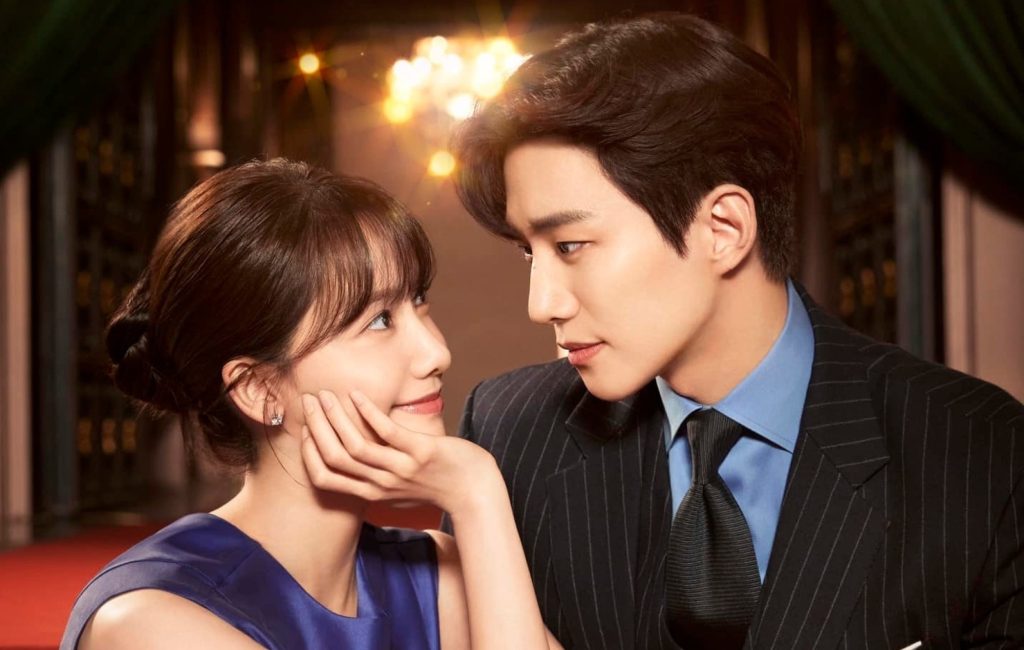That’s life for you. I used to criticize my mom for watching her Turkish soap operas day and night, and now I’m the one glued to the screen watching dramas, or K-dramas as they are also called, as if there was no tomorrow.
I must confess that they have their charm, and from the first time I saw them, I literally “fell in love” with their stories, their culture, and, of course, their actors.
This is not a new phenomenon. At first, music captivated millions of teenagers with popular idols (singers) through K-pop, and then the whole world became a fan of K-dramas, to the point that Netflix has a special section for them.

In 2021, Squid Game became the most-watched television series on Netflix, with more than 1.65 billion hours of viewing in its first 28 days of release.
Professor Steve Choe, associate professor at the School of Cinema at San Francisco State University, United States, author of “Sovereign Violence: Ethics and South Korean Cinema in the New Millennium,” provides a detailed analysis of this phenomenon:
“These incredibly popular series offer a healthy alternative to the stories that usually appear on television from the US. For some, consuming K-dramas can even improve mental health through their utopian visions of a community that seems more compassionate and fair than our own”, says Choe.
I agree with Professor Choe when he says that these are wholesome stories, to the point that if there are 12 episodes, in episode 10 the main couple holds hands and in episode 11 they might kiss, and that’s enough to captivate the audience.
It’s very different from what we’re used to seeing in American, European, and Latin American cinema, where sex and kissing scenes happen all the time, without necessarily connecting with emotions.
The rise of South Korean culture in the world has not only been due to K-dramas and music, but cinema, fashion, cuisine, cosmetics, and streamers have also contributed to the growing strength of Korean soft power over the last 30 years.
The question is: why are they so popular? Professor Choe explains it through the concept of affective interludes:
“Interludes are moments that offer a bold display of the deepest feelings of an individual or group of characters. These feelings can be nostalgic, romantic, desperate, grateful, or happy, and are expressed publicly through television aesthetics”, he says.
Most of these interludes occur when one of the protagonists is sitting in a café or some iconic location in the city, thinking about their romantic interest or reminiscing about moments from the past, with a sentimental song playing in the background.
Male characters generally stand out for their emotional complexity. Most have a complicated past that influences their personality. They show great loyalty to the people they love and, throughout the story, experience significant personal growth.
Some examples of actors who have played these types of characters are: Lee Min-ho in ‘Boys Over Flowers’, Gong Yoo in ‘Coffee Prince’ and ‘Goblin’, Lee Jong-suk in ‘Pinocchio’ and ‘W’, and Park Bo-gum in ‘Reply 1988’ and ‘When Life Gives You Tangerines’, among others.
On the other hand, female characters are often presented as unconventional, most of the time being women who break with the stereotype of damsels in distress and whose last priority is finding love. Eventually, as the plot progresses, her past is touched upon, but it’s not as plagued with traumatic events as that of her co-star.
Among the notable actresses with leading roles are: Park Bo-young in “Strong Woman Do Bong-soon” and “Our Unwritten Seoul,” Kim Yoo-jung in “My Demon,” IU (Lee Ji Eun) in “Hotel del Luna” and “When Life Gives You Tangerines,” and Kim Go-eun in ‘Goblin’ and “Yumi’s Cells.”

The reality depicted in dramas has contributed to tourism in the country by millions of fans who want to visit the places that appear in their favorite shows and, for others, who want to find love; factors that have motivated them to learn Korean.
Viewers of K-dramas in South and Southeast Asia, Latin America, and the Middle East will continue to swoon over Korean series because of their sincerity and stories that seek social balance and respect for family values. They are the perfect opportunity to break out of your routine, learn to see things from another perspective, and appreciate the beauty of the little details that life has to offer.
Would you take a chance on these stories that rarely remain just a series on the other side of the screen, or would you rather continue exploring the Western side instead? I look forward to reading your comments.
조심해서 안녕히 가세요~~
(tr: Take care, goodbye!)
Traducción del español: Catalina Oviedo Brugés














